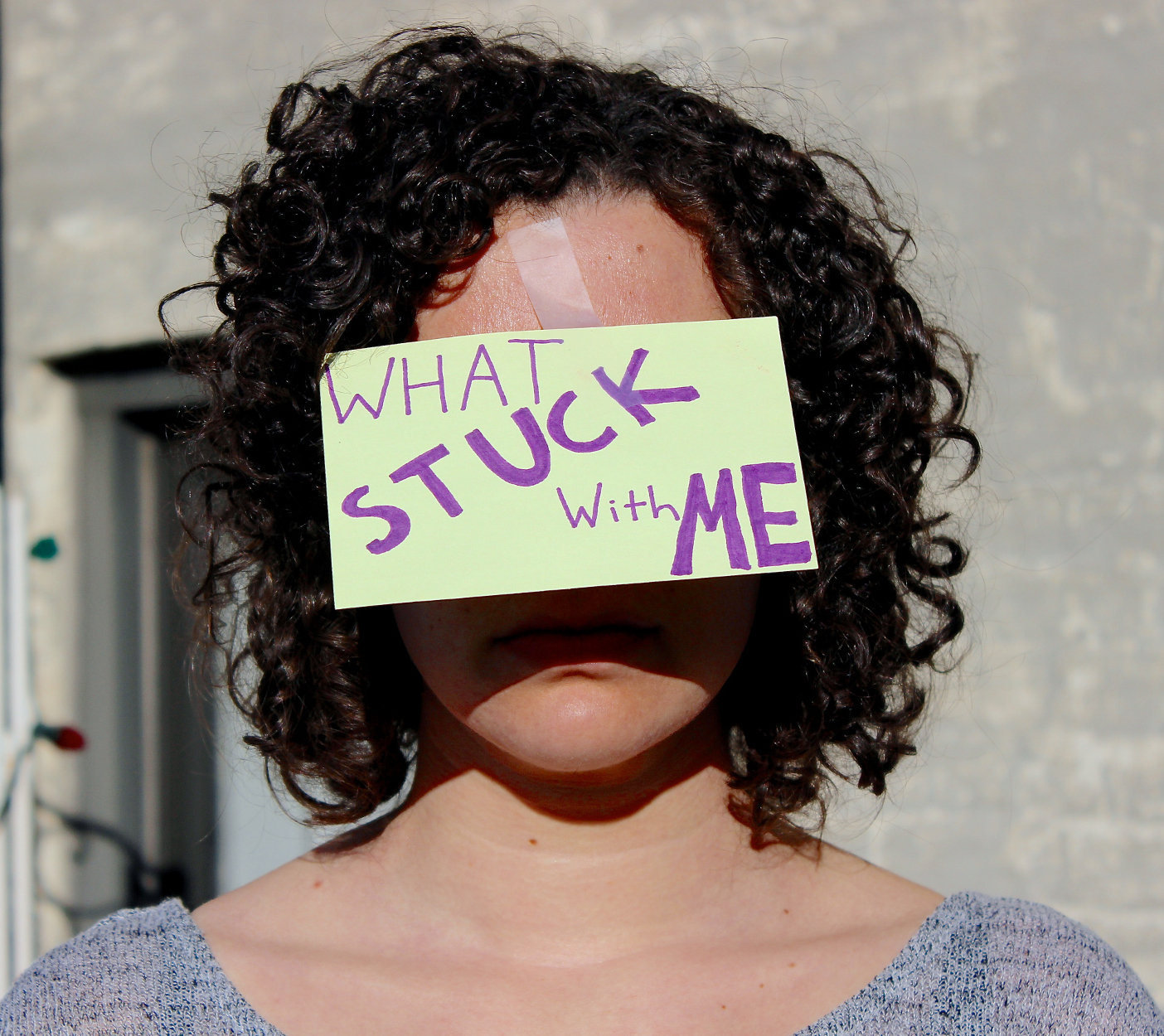"Perfect."
/When I was thirteen, I was raped, and both of my breasts were severely mutilated. I had to have a partial mastectomy because of it.
Eleven years later, my husband saw me in the nude for the first time on our wedding night. I had never told him of the trauma I endured for fear that he might not want me anymore.
His reaction was the opposite of what I expected.
He kissed every scar with tenderness I didn't even know existed, and he said to me, "These scars only give your stretch marks something to gossip about. Your breasts are perfect."
That was the moment I truly fell in love with him.
